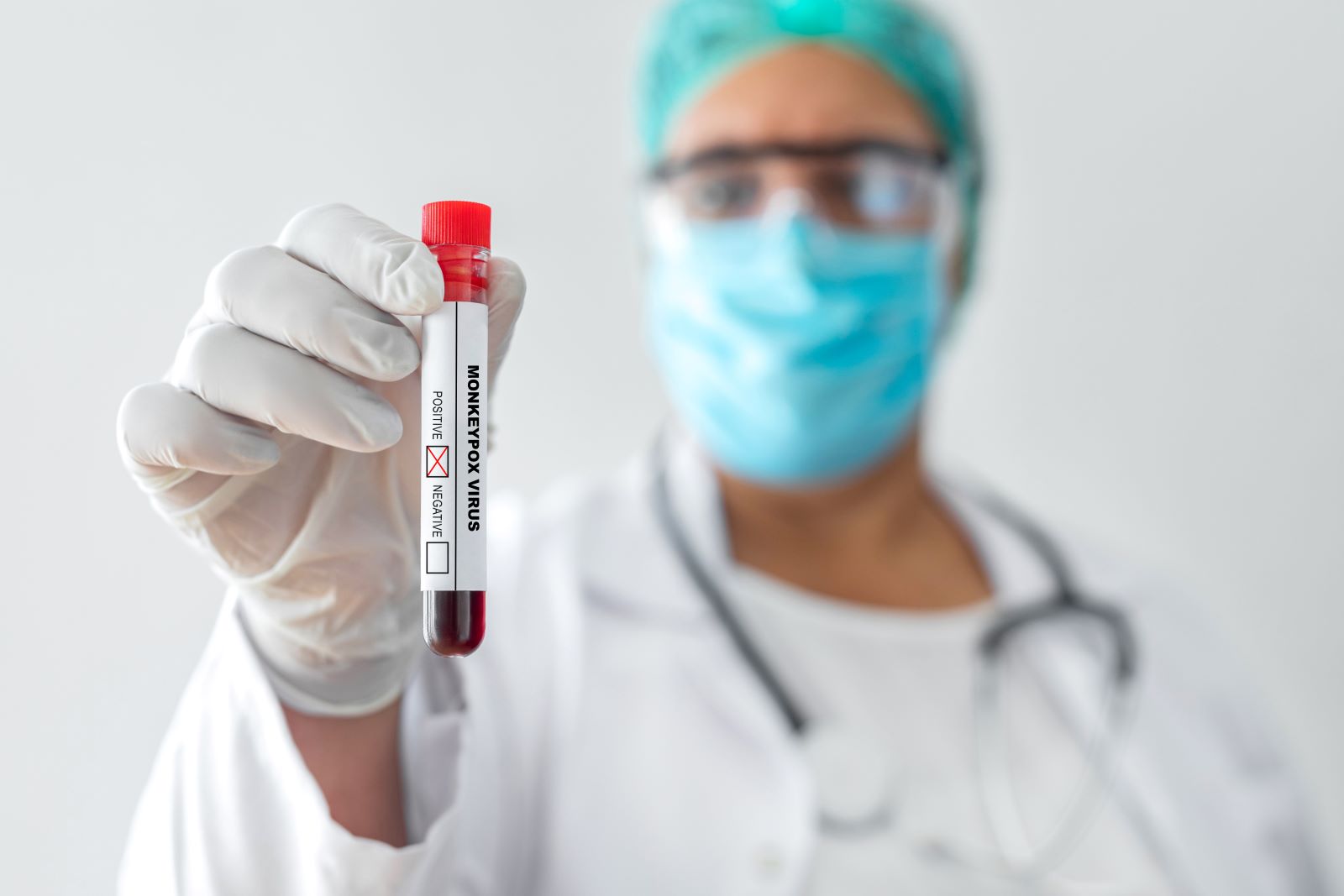Monkeypox continues to spread worldwide, with 22 cases now reported in Connecticut.
Health officials in New York, where monkeypox cases are in the thousands, are offering vaccines to high-risk individuals, including:
- LGBTQ+ men over 18 who have sex with other men.
- Men who have had multiple or anonymous sex partners in the last 14 days.
Does Connecticut plan to offer monkeypox vaccines to high-risk people?
Currently, the Connecticut Department of Public Health (DPH) is not offering pre-exposure vaccines for monkeypox, according to Henry Anyimadu, MD, FACP, chief of infectious disease for Hartford HealthCare’s Central Region. Vaccines are being given to people exposed to the virus.
“That will likely change for us as the DPH is actively considering [pre-exposure vaccines] and the guidance may change this week,” Dr. Anyimadu said.
At this time, the Centers for Disease Control and Prevention (CDC) isn’t recommending widespread vaccination against monkeypox.
Who can get a monkeypox vaccine in Connecticut right now?
Anyone in Connecticut who’s had close contact with someone diagnosed with monkeypox can get a vaccine by calling the DPH at 860.509.7994 (860.509.8000 after business hours). So far, Connectiut has distributed 27 of it 2,004 doses.
Post-exposure vaccine should be given within two weeks of contact with an infected person.
What are the symptoms of monkeypox?
Symptoms of monkeypox include:
- Fever and chills.
- Exhaustion.
- Headache.
- Muscle aches.
- Swollen lymph nodes.
- Rash on face and body.
Monkeypox lasts two to four weeks after an incubation period of one to three weeks. It is fatal for about one in 10 infected people.
What can I do to avoid monkeypox?
The World Health Organization recently elevated monkeypox to a global health emergency.
The CDC recommends the following steps to prevent monkeypox:
- Avoid close contact with people who have a rash that looks like monkeypox, including:
- Touching the rash or scabs.
- Kissing, hugging, cuddling or having sex.
- Sharing eating utensils or cups.
- Don’t handle or touch the bedding, towels, or clothing of a person with monkeypox.
- Wash your hands often with soap and water or hand sanitizer.



